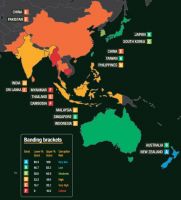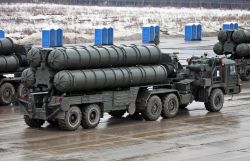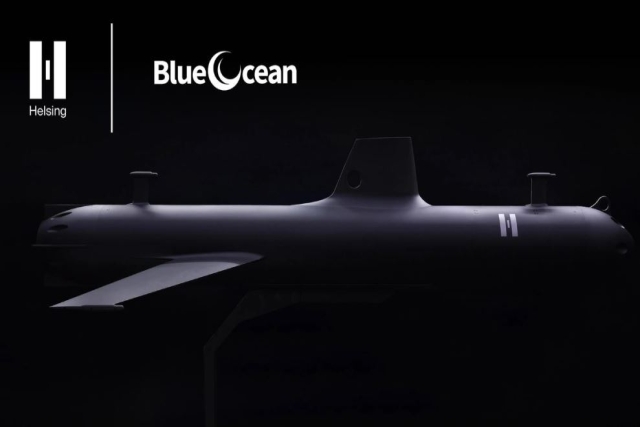China, Pakistan Fare Worse Than India In Defense Procurement Transparency

India is placed in band D high risk category whereas China and Pakistan are placed in Band E very high risk category of corruption index in a latest report on defense transparency for the Asia Pacific region by Transparency International.
India has been ranked at eighth position in the band D category for defense procurement alongside Bangladesh at seventh, Indonesia, Malaysia, Philippines and Tunisia at 9,10 and 11 and 12th positions respectively in the Anti-corruption report published November 4.
According to the report, India’s neighbours China, Pakistan and Sri Lanka are placed 12, 13, 14 respectively.
Of the 17 nations rated in the Asia Pacific region, New Zealand is the least corrupt followed by Australia, Japan, Singapore. Cambodia and Myanmar are rated critical corruption risk index.
According to the report, India distinguishes itself through independent institutions with clear mandates for overseeing defence agencies. The Controller and Auditor General (CAG) of India, an autonomous and robust institution, along with the Public Accounts Committee (PAC), a well-resourced and active legislative body, have exercised active oversight.
They have brought a number of cases of mismanagement to light, including the unauthorised use of defence land for running golf courses. Internal audit procedures are well-structured, under the Chief Controller of Defence Accounts, with Regional Audit Offices (RAOs) and Local Audit Offices (LAOs) performing audits at lower levels.
But despite the right systems in place, oversight of defence institutions is still weak. According to the report, CAG reporting is often too slow to have impact, while the PAC confines scrutiny to Action Taken Notes submitted by the Ministry of Defence itself. The PAC is also hindered by the power of the executive to simply reject recommendations, while internal audit, despite its elaborate mechanisms, lacks the independence and resources to be genuinely effective. The quality of oversight is weakened by the absence of a coherent defence policy to form the basis of scrutiny.
According to the Transparency International assessment, it found no provisions for legislative oversight of its intelligence agencies.
The report further states, the use of Integrity Pacts in India have been a powerful binding instrument, involving independent monitoring by the Central Vigilance Commission and another appointed independent monitor. The practice of blacklisting transgressors has sent a strong signal to the defence industry about India’s tolerance for defence corruption.
But there is evidence that the severity of the scheme is slowing down the procurement process and impeding defence modernisation. The new Defence Procurement Policy (DPP), due in late 2015, aims to propose changes to the mechanisms for blacklisting companies and controls over agents, which are currently very strict. These proposed changes to improve efficiency are much needed, though must not impact standards for transparency or tolerance for corruption, the report says.
TI research says the lack of a central legislative framework which underpins the procurement process, and problems associated with the frequently changing DPP.











